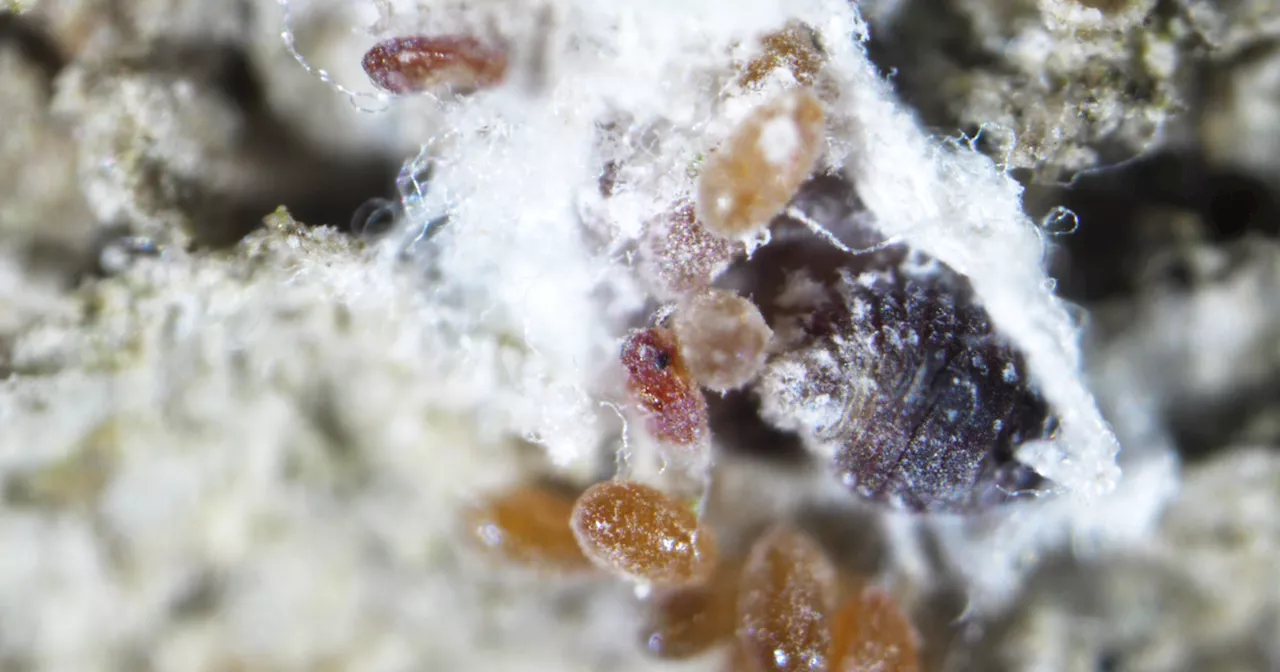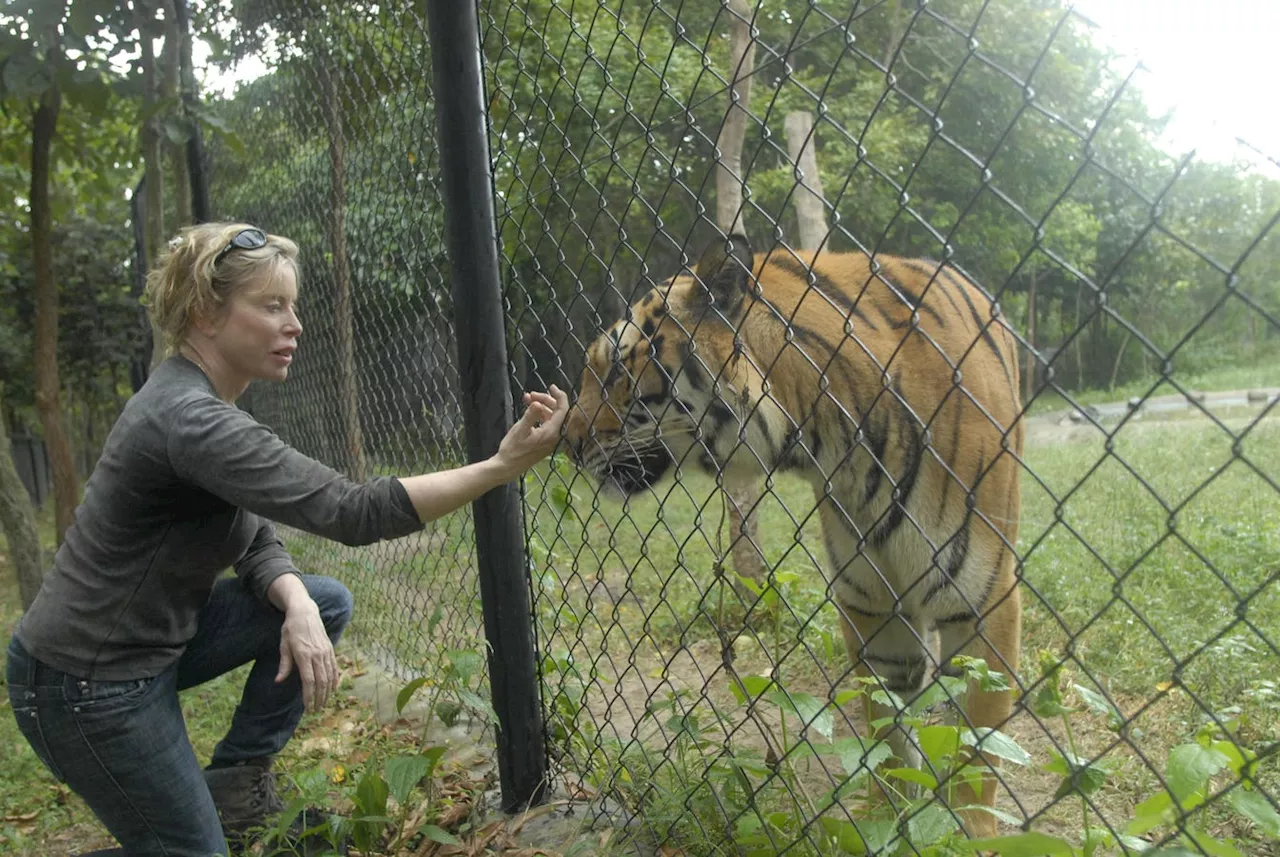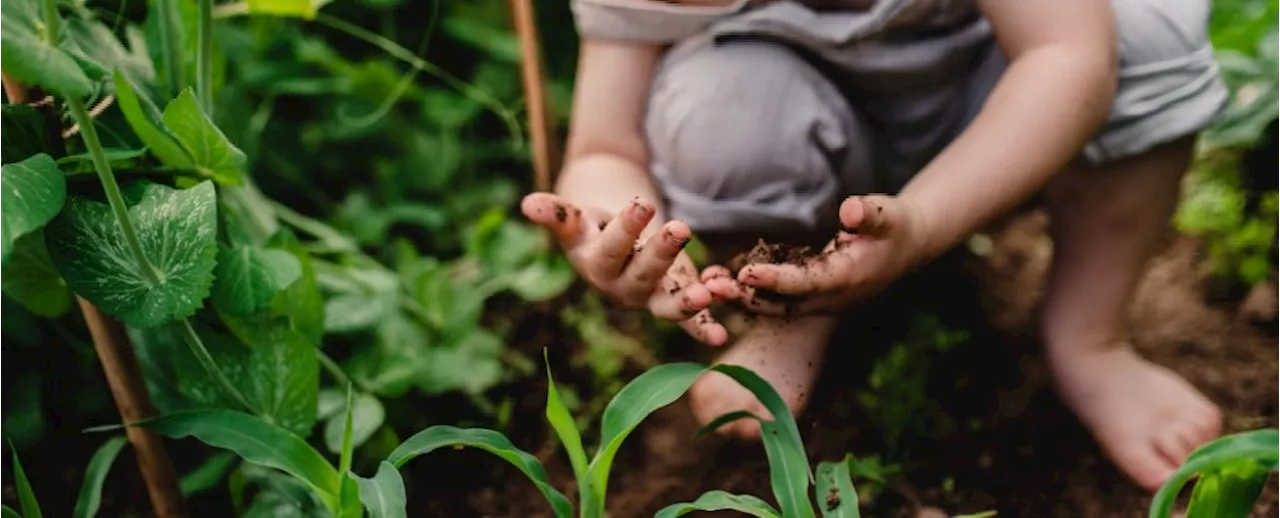The Best in Science News and Amazing Breakthroughs
Playing through the greenery and litter of a mini forest's undergrowth for just one month may be enough to change a child's immune system, according to an experiment in Finland.
"We also found that the intestinal microbiota of children who received greenery was similar to the intestinal microbiota of children visiting the forest every day,"has shown early exposure to green space is somehow linked to a well-functioning immune system, but it's still not entirely clear whether that relationship is causal or not.
The notion that an environment rich in living things impacts on our immunity is known as the 'biodiversity hypothesis'.
Over the proceeding 28 days, kids in these last four daycares were given time to play in their new backyard five times a week. Their results largely matched the second group of kids at daycares who had outings for daily nature time.
United Kingdom Latest News, United Kingdom Headlines
Similar News:You can also read news stories similar to this one that we have collected from other news sources.
 Norway spruce in Finland is susceptible to European spruce bark beetle damage especially near clear-cuts: StudyIn Finland, the European spruce bark beetle prefers mature Norway spruce forests close to recent clear-cut sites, a new study from the University of Eastern Finland finds.
Norway spruce in Finland is susceptible to European spruce bark beetle damage especially near clear-cuts: StudyIn Finland, the European spruce bark beetle prefers mature Norway spruce forests close to recent clear-cut sites, a new study from the University of Eastern Finland finds.
Read more »
 The newest threat to the Wasatch forests is almost invisible and really slowNew research from the University of Utah shows where the balsam wooly adelgid has spread across the Utah. The tiny insect is an invasive species and slowly kills fir trees. The new research shows how climate change could expand the insects' range and impact Wasatch forests.
The newest threat to the Wasatch forests is almost invisible and really slowNew research from the University of Utah shows where the balsam wooly adelgid has spread across the Utah. The tiny insect is an invasive species and slowly kills fir trees. The new research shows how climate change could expand the insects' range and impact Wasatch forests.
Read more »
 The Roar Of Progress: How Reintroducing Tigers Signals Hope For Climate, Forests, And Indigenous CommunitiesI am the founder and CEO of Wildlife Alliance, a Cambodia-based organization that implements a direct on-the-ground approach to conserving natural resources and combines ecosystem management with development of economic incentives for local communities.
The Roar Of Progress: How Reintroducing Tigers Signals Hope For Climate, Forests, And Indigenous CommunitiesI am the founder and CEO of Wildlife Alliance, a Cambodia-based organization that implements a direct on-the-ground approach to conserving natural resources and combines ecosystem management with development of economic incentives for local communities.
Read more »
 Asian forests show resilience despite rising disturbances from climate change and human activitiesSince 1850, global temperatures have been steadily rising. Human activities have significantly increased the emissions of greenhouse gases into the atmosphere, exacerbating the greenhouse effect and global warming.
Asian forests show resilience despite rising disturbances from climate change and human activitiesSince 1850, global temperatures have been steadily rising. Human activities have significantly increased the emissions of greenhouse gases into the atmosphere, exacerbating the greenhouse effect and global warming.
Read more »
 Scientists map biodiversity changes in the world's forestsA group of EPFL and ETH Zurich scientists have mapped the biodiversity in forests worldwide. Their data, when combined with climate projections, reveal trends that could support ecosystem conservation and restoration efforts.
Scientists map biodiversity changes in the world's forestsA group of EPFL and ETH Zurich scientists have mapped the biodiversity in forests worldwide. Their data, when combined with climate projections, reveal trends that could support ecosystem conservation and restoration efforts.
Read more »
 Avocados Are A ‘Green Gold’ Export For Mexico, But Growing Them Is Harming Forests And Waters'On average, 90 percent of avocados are grown in the southwest Mexican state of Michoacán.'
Avocados Are A ‘Green Gold’ Export For Mexico, But Growing Them Is Harming Forests And Waters'On average, 90 percent of avocados are grown in the southwest Mexican state of Michoacán.'
Read more »
